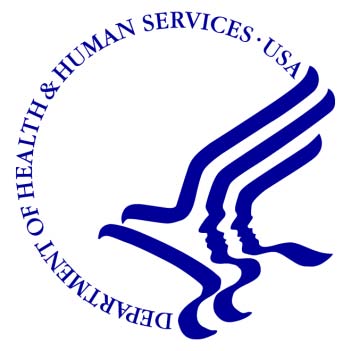
EHR adoption for hospitals and physicians are higher than before, according to two new studies published today by the HHS Office of the National Coordinator for Health Information Technology (ONC).
Finding Details
The studies, published in the journal Health Affairs, found that in 2013, almost eight in ten (78 percent) office-based physicians reported they adopted some type of EHR system. About half of all physicians (48 percent) had an EHR system with advanced functionalities in 2013, a doubling of the adoption rate in 2009. The information in the studies was collected by the Centers for Disease Control and Prevention’s National Center for Health Statistics and the American Hospital Association in 2013.
About 6 in 10 (59 percent) hospitals had adopted an EHR system with certain advanced functionalities in 2013, quadruple the percentage for 2010. Unlike the physician study, the hospital study does not have an equivalent, established measure of adoption of some type of EHR system; it only reports on adoption of EHRs with advanced functionalities.
“Patients are seeing the benefits of health IT as a result of the significant strides that have been made in the adoption and meaningful use of electronic health records,” said Karen DeSalvo, M.D., M.P.H., national coordinator for health information technology. “We look forward to working with our partners to ensure that people’s digital health information follows them across the care continuum so it will be there when it matters most.”
The data from the report provides an early baseline understanding of provider readiness to achieve Stage 2 Meaningful Use of the Medicare and Medicaid EHR Incentive programs. Stage 2 will begin later this year for providers who first attested to Stage 1 Meaningful Use in 2011 or 2012. According to the data, 75 percent of eligible professionals and more than 91 percent of hospitals have adopted or demonstrated Stage 1 Meaningful Use of certified EHRs.
Stage 2 Meaningful Use Struggles
According to CMS data from 2013, the meaningful use dropout rate was 20% when providers only had to attest for MU stage 1 and is expected to increase even higher as more providers prepare for MU stage 2. The CDC data also show that more work is needed to support widespread health information exchange and providers’ ability to achieve Stage 2 Meaningful Use requirements under the Medicare and Medicaid EHR Incentive Programs. Among the details include the following:
- In 2013, health information exchange among physicians was relatively low: 4 in 10 (39 percent) reported they electronically share data with other providers, but only 14 percent electronically share data with ambulatory care providers or hospitals outside their organization.
- In 2013, the vast majority of hospitals had capabilities that could be used to support many Meaningful Use Stage 2 objectives but were not being used. However, 10 percent of hospitals were providing patients with online access to view, download, and transmit information about their hospital admission.
According to the 2014 Medscape EHR Report, 22% of physicians are opting out of meaningful use. The survey found that 16% said they will never attest to meaningful use requirements, and another 6% of participants said they are abandoning meaningful use after meeting the requirements in previous years, up 2% from 2012. Overall, 78% of participating physicians said they were attesting to meaningful use Stage 1(30%) or Stage 2 (48%) in 2014.
